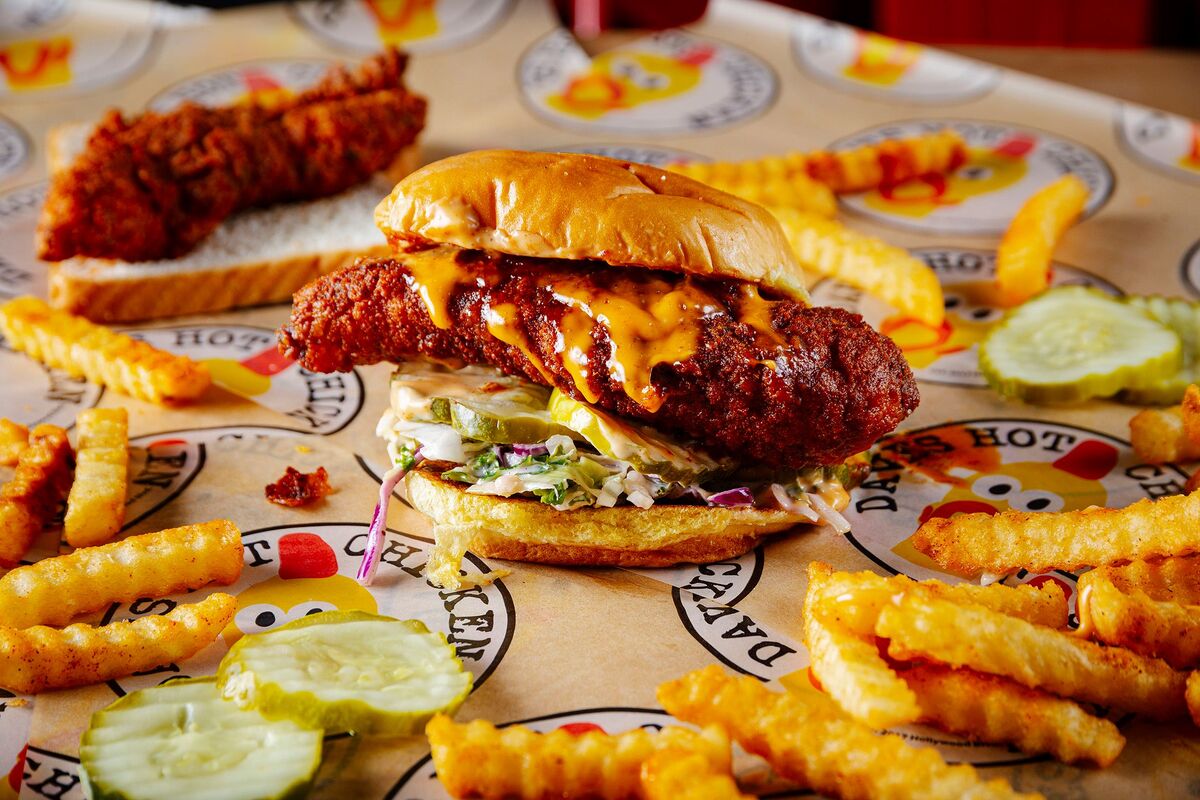How to… prepare for Brexit (whatever that may be)
If managers can identify where extra costs may arise, they can be ready for whatever Brexit brings, says Oliver Hall, managing director at Allmanhall
I know, I know… yet another article about Brexit, but it is a reality that we all need to consider. With six months to go, the country still finds itself in a position of great uncertainty on what the relationship with the European Union (EU) will look like come 29 March 2019. With the foodservice and hospitality sectors heavily impacted by any legal and trading changes with the EU, planning for the future becomes increasingly difficult as the uncertainty builds.
With over 30% of the food consumed in the UK in 2017 coming from the EU, it has been well documented that these supply chains will become stretched to breaking if there are any resultant restrictions as an outcome of the final agreement. Activity to mitigate this risk is paramount. Plans need to be made to ensure that any negative impact to your business is minimised as much as possible. From a food supply chain perspective, this should focus on products that may no longer be available or have significant increases in price. Availability of product for menu creation and gross profit performance could both be negatively affected.
Here are a number of steps that could help to mitigate risk.
1. Identify
Analyse your menus to identify key products and ingredients that come from outside the UK. Discover the actual country of origin and how these products could be affected in the various scenarios that may materialise. If nothing else, focus on those products with the highest importance to your proposition.
2. Assess
Understand the potential impact on these products that could result from Brexit. A hard Brexit could bring about the implementation of trade tariffs. If we default to the World Trade Organization terms, significant tariffs are levied on specific food categories. These potential additional costs vary from 12% for long grain rice to 65% for fresh beef, for example.
Non-tariff trade barriers will also impact food costs. Even the cost of UK-produced food could be affected, with food exports potentially positively and negatively affected. A further weakening of sterling could make exports to the EU more attractive for UK producers. This would drive up the cost of product that remains in the UK owing to a reduction of availability.
Another possibility is termed carcass utilisation. Exports of less-popular products in the UK, specific cuts of meat for example, tend to be exported, offsetting the total cost of production, so popular UK cuts can be priced more competitively. If the EU sales market is restricted, producers will be forced to recover the total cost of production through those cuts that stay in the UK. This rebalancing of the supply chain will take time, leading to increased prices in the shorter term.
3. Engage
Engage your suppliers to understand their exposure. It is likely they have mapped their supply chains and identified areas for concern to carry out contingency planning. Understanding the true input cost increases ensures that collaborative and mutually agreeable outcomes can be reached.
4. Develop
Develop action plans based on the forecasted outcomes. Understand the preparation that will be needed in advance, think about your menu compilation, product alternatives in the event of availability shortages, border delays, shelf-life issues or prohibitive costs. Develop relationships with new suppliers to enable responsive action to any possible supply chain challenges.















